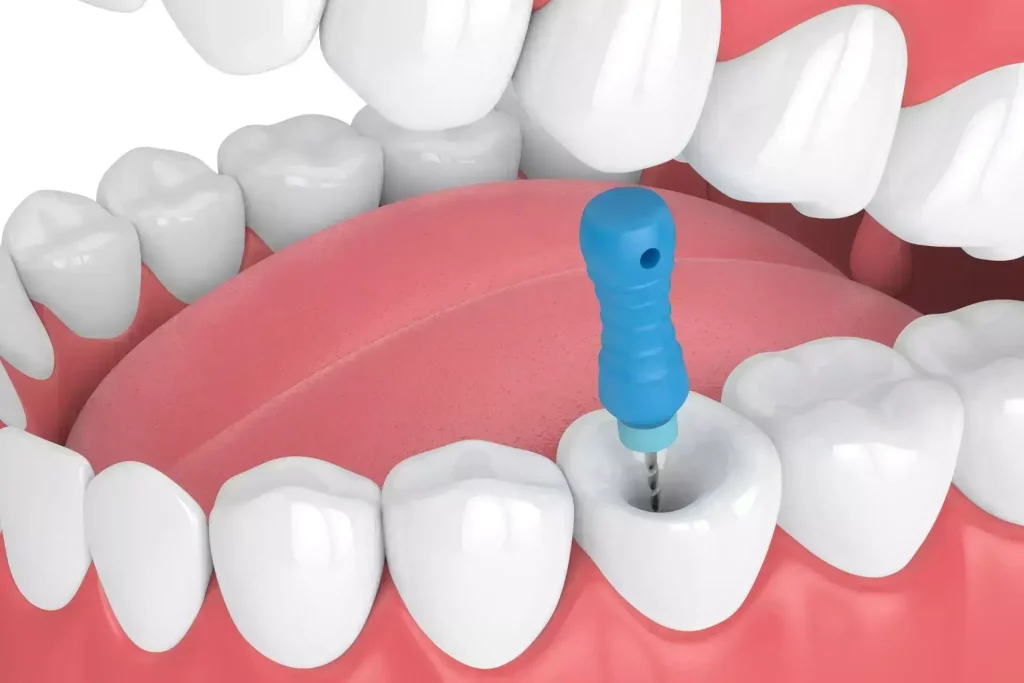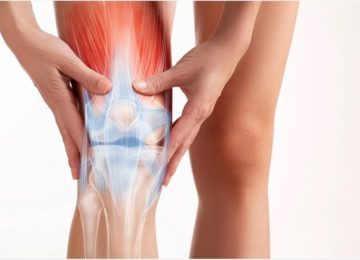Root canal treatment is a common dental procedure that helps restore a severely decayed or damaged tooth when regular dental fillings fail. It is an excellent way to preserve your natural tooth structure with an aim to retain its oral function, form, and aesthetics. It greatly reduces the need for tooth extractions.
Denver family dentist and their team specialize in root canal treatments with state-of-the-art technology that guarantees accurate and long-lasting results.
What is meant by root canal treatment?
Root canal treatment, or RCT is an endodontic procedure that involves the removal of dead and decayed pulp tissues and replacing it with a biocompatible material like gutta percha.
| The pulp is the innermost mass of connective tissue comprising the blood vessels and nerves that actively nourish the tooth. |
Root canal treatment (RCT) is considered to be the last resort used by dentists to save a severely damaged tooth from extraction.
What warning signs indicate the need for root canal treatment?
The following are the major warning signs that require a root canal treatment:
- Excruciating pain in the tooth that does not subside easily even after taking medications
- Increased sensitivity to heat and cold temperatures
- Visibly swollen gums
- Presence of an abscess (pus-filled pocket) around the affected tooth
- Swollen jaw causing facial asymmetry
- Tooth discoloration
- Pain while biting or chewing
- A chipped or cracked tooth
- Loose tooth
How do dentists perform root canal treatment?
Root canal therapy is a simple outpatient procedure performed in one or two sessions. It involves the following steps:
Tooth inspection
- Your dentist will evaluate the affected tooth for pain, sensitivity, and gum changes.
- A dental X-ray will be taken to assess the extent of pulpal involvement and study the root morphology.
Cleaning the root canal
- Your dentist will administer local anesthesia to numb the tooth, followed by isolating the tooth with a rubber dam. This helps prevent excess moisture.
- Using ultrasonic instruments, the decayed tissues will be excavated, and an access opening will be made to expose the roots.
- Your dentist will remove the entire pulp along the length of the root canals.
Biomechanical preparation and filling of the root canal
- Furthermore, your dentist will clean, shape, and sterilize the canals using tiny files and irrigating solutions.
- The tooth will then be filled with a biocompatible material called gutta-percha, and an adhesive cement is used to seal everything together.
The RC-treated tooth will be sealed with dental cement and permanently restored with a crown or bridge. This can significantly regain your natural tooth to its original form, function, and aesthetics.












